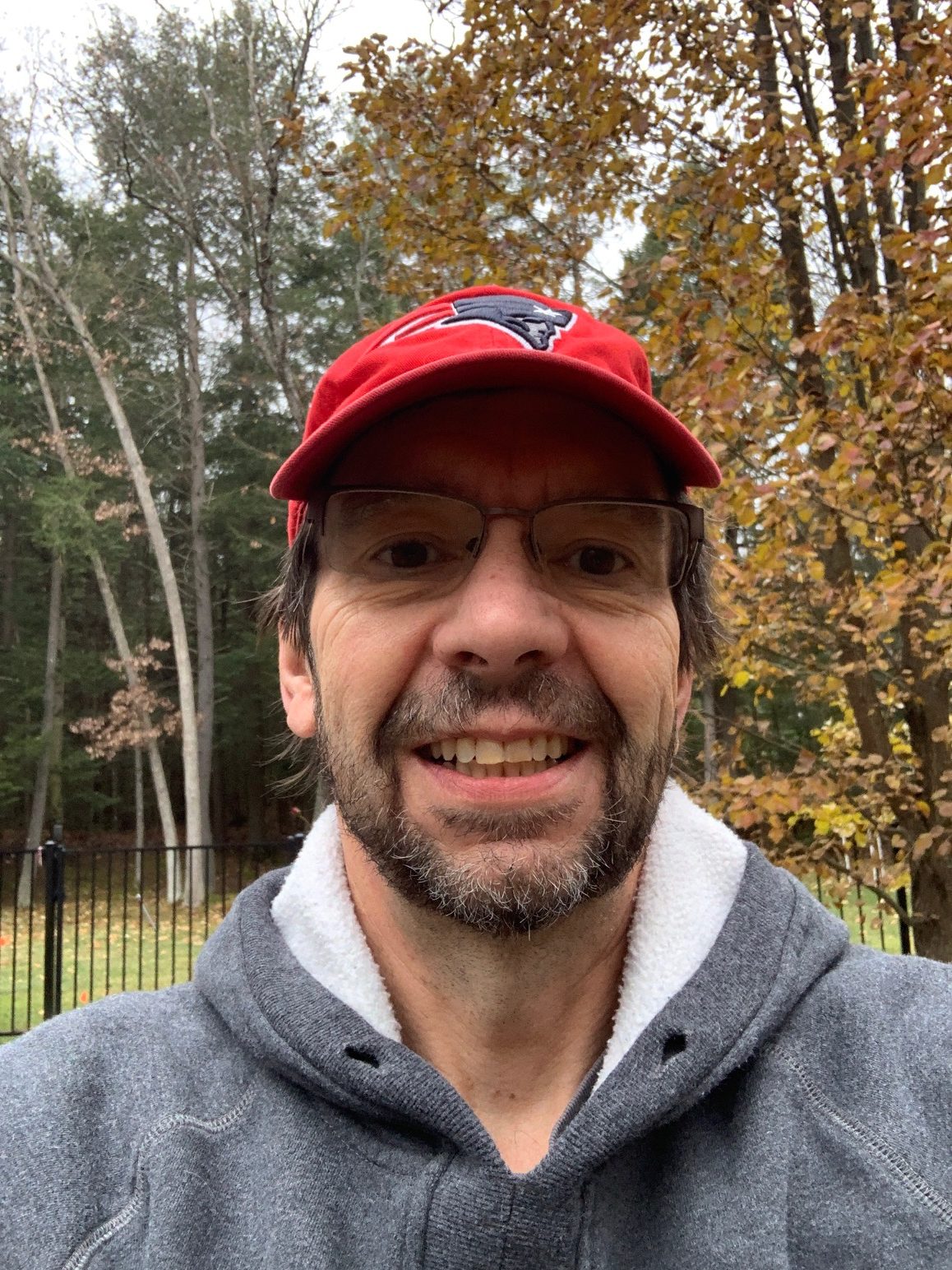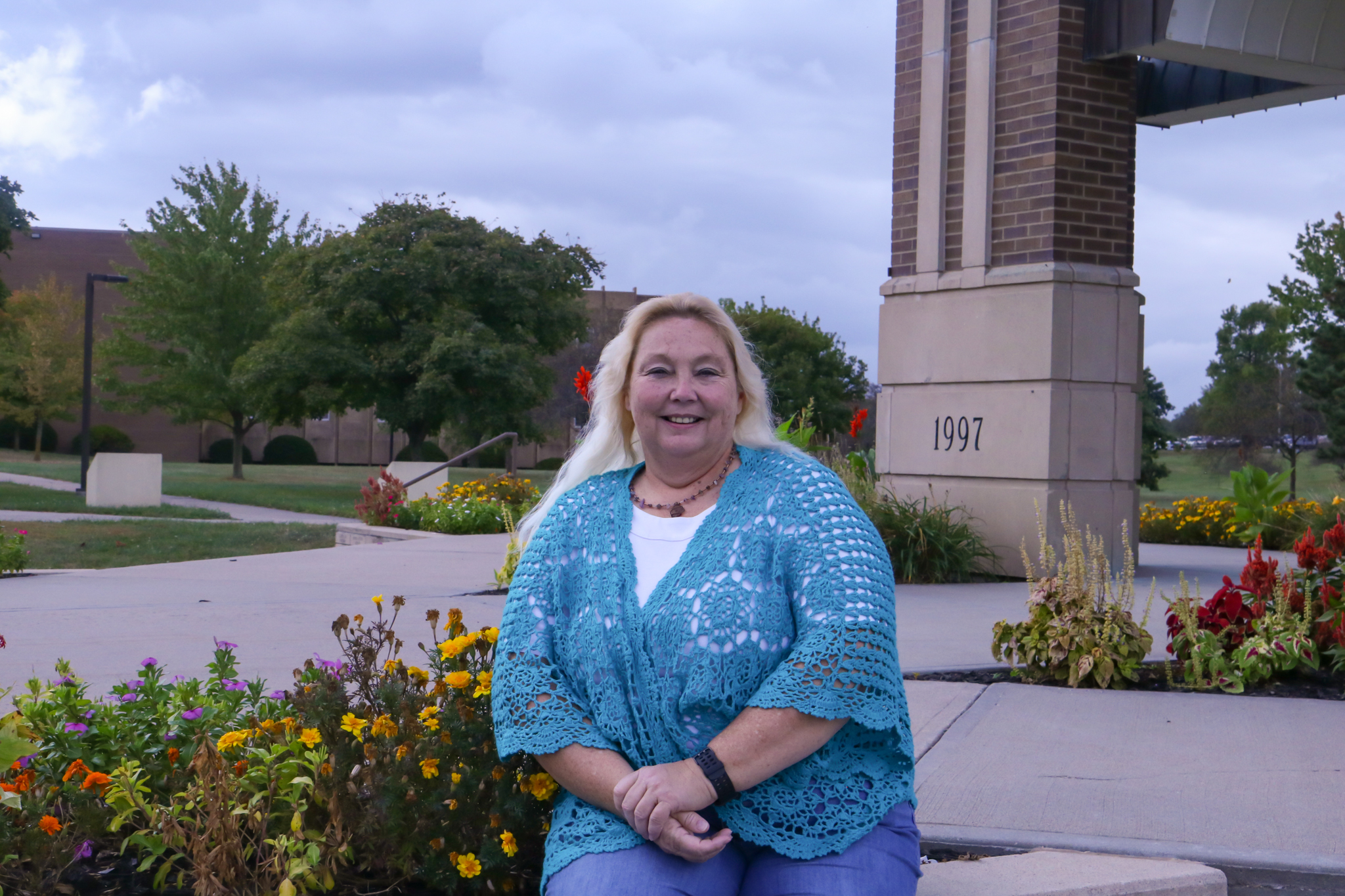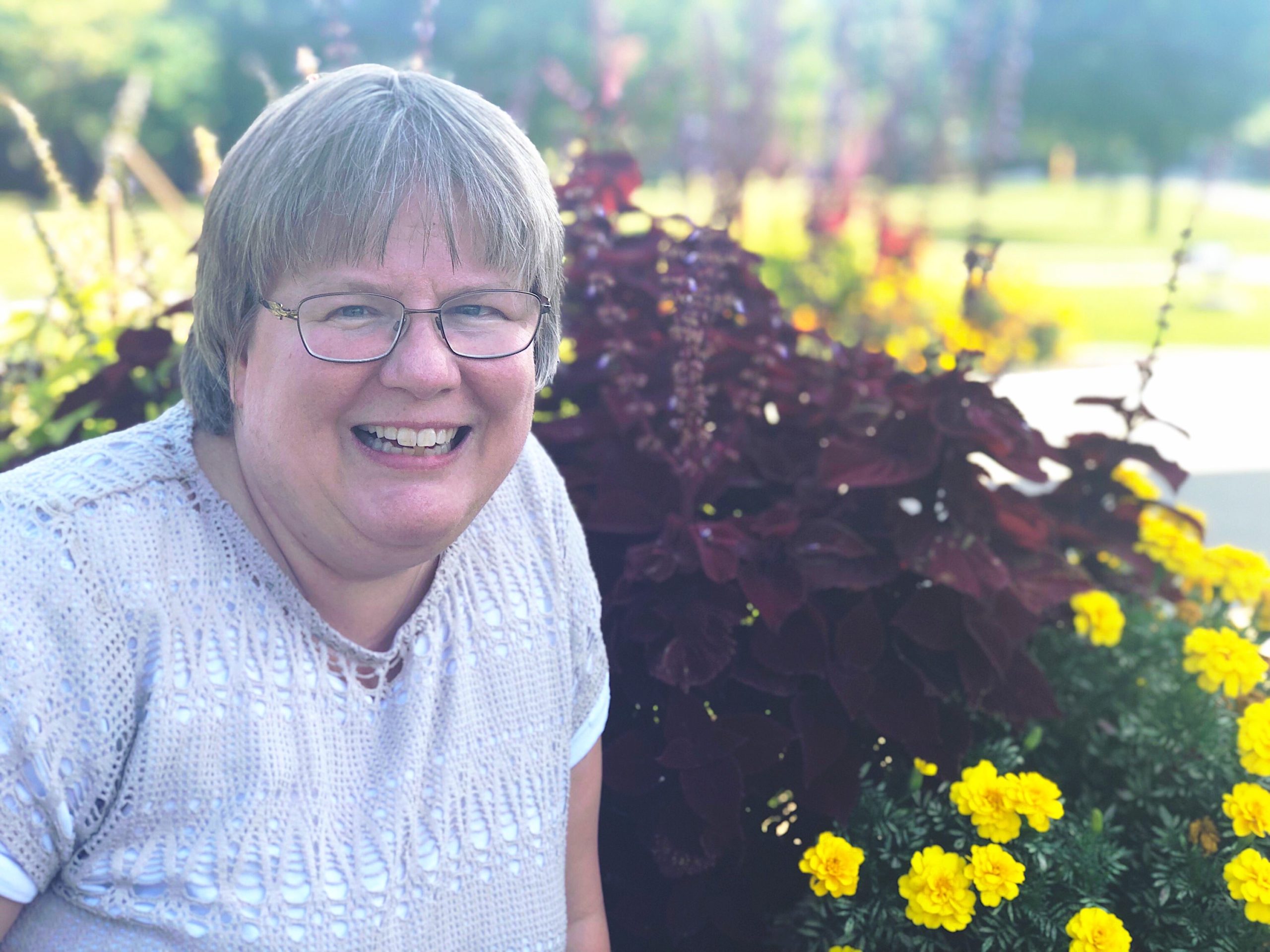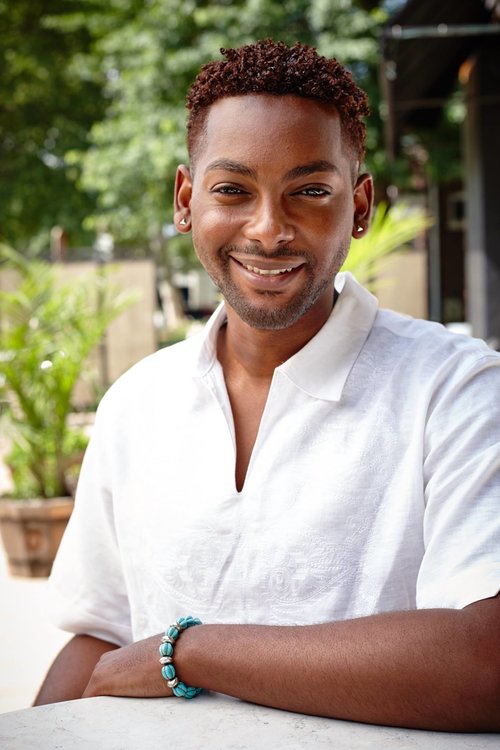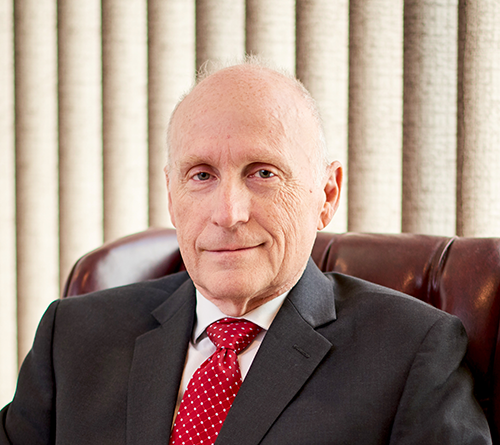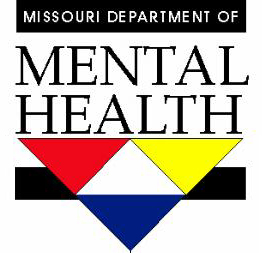Lynde, David, MSW
David Lynde provides consultation and training regarding the recovery-oriented implementation and evaluation of Evidence-Based Practices (EBPs) at agency, system, and state levels.
David provides technical assistance and training regarding a number of EBPs including services for First Episode of Psychosis, Supported Employment, Assertive Community Treatment, Co-Occurring Disorders Integrated Treatment, and Illness Management and Recovery. David has worked in key roles federal and state employment projects including the National Implementing Evidence Based Practices (EBP) Project for the Substance Abuse and Mental Health Services Administration (SAMHSA); the Recovery After Initial Schizophrenia Episode (RAISE) program for the National Institute of Mental Health (NIMH); the National Homeless Veteran’s Supported Employment Program (HVSEP) and the implementation of Supported Employment services for the Veteran’s Administration; the Johnson & Johnson – Dartmouth Supported Employment Program.
David also works as an expert consultant regarding state and federal Department of Justice mental health system lawsuits in a number of states and mental health systems across the country.
Presentation(s):
Supported Education: Helping People with Education and Training Goals

